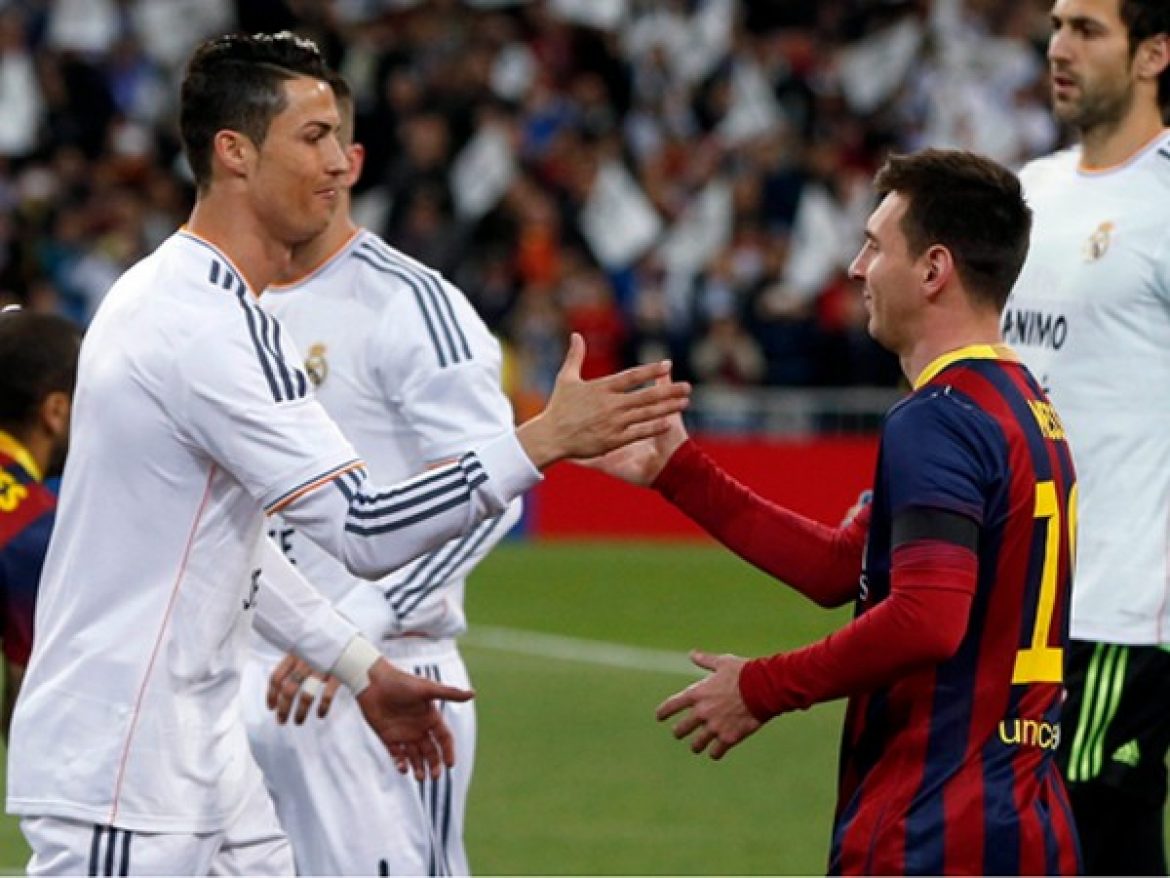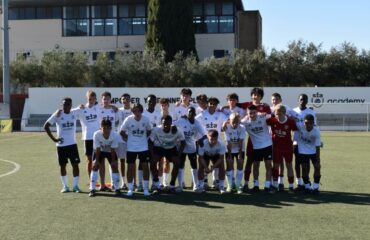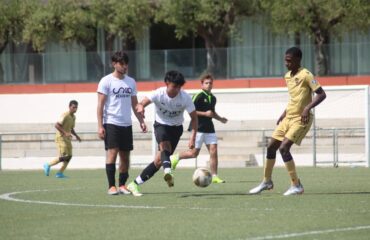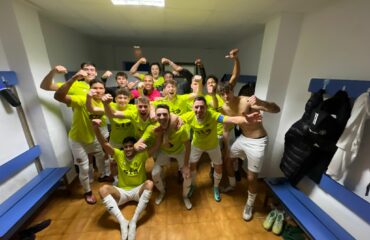One of the unsportsmanlike actions that the youngest see most during a game on television is the simulation of a foul or aggression. It is a very common practice that we can see in many matches and that has become an art, the “art of deception”. Unfortunately it has become part of the game and is somewhat unacceptable as it undermines the spirit of competition and sportsmanship.
GO AGAINST FAIRPLAY IN SPAIN
The “theater” is the order of the day in Spanish football. The problem is that there are no concise sanctions that calm the players in their desire to simulate faults or aggressions. At the most, they are shown a yellow card if the referee discovers the pillory. The same sanction can suffer a base soccer player when, unfortunately they imitate this type of attitudes of the professional soccer players.
So far this type of simulations has gone practically unpunished in Spain despite the fact that the Royal Spanish Football Federation (RFEF) includes in its Disciplinary Code sanctions applicable to the cheat:
Article 122. Conducts contrary to good sporting order.
A suspension of up to four matches or a fine of up to 602 euros will be incurred for those whose behavior is contrary to good sports order when it is classified as mild.
Article 124. Simulation.
The player who maliciously induces the referee to error or confusion, simulating having been the object of a foul or through any other means or attitude, will be sanctioned with a warning and a fine of up to 602 euros
GO AGAINST THE SOCCER FAIRPLAY IN EUROPE
The two articles are highly related since a simulation goes against good sporting order. However in our football does not apply art.122 for when a player tries to deceive the arbitral collective.
On the contrary, in Europe, this type of infractions is punished more severely. FIFA and UEFA have acted as judges in recent years to punish these actions. The latter punishes through its code the disciplinary regulations of UEFA the suspension by a match in case of unsportsmanlike conduct (Art 15 a-5), also the art. 15 f punishes unsportsmanlike conduct when it says verbatim “suspension for four competitive matches for acting with the obvious intention of causing a match official to make an incorrect decision or to support his error of judgment and, therefore, cause him to make a decision incorrect ”
An example of UEFA’s performance against this type of hoax was when it acted ex officio against Dida, the goalkeeper of A.C Milan.
In 2007, in a match of the UEFA CHAMPIONS LEAGUE, Celtic faced off against AC Milan in Glasgow, in the 92nd minute the Scottish team scored 2-1 and in the middle of the celebration an amateur jumped into the field and touched the face the Brazilian goalkeeper. He took two steps towards the fan and suddenly collapsed as if he had been attacked. The goalkeeper, before the general astonishment, left the field on a stretcher. Later and before the images that betrayed him, he confessed that it was a maneuver to try to sanction the Scottish club and achieve victory in the offices.
UEFA, organizer of the tournament, imposed two games of sanction under art. 15-f and art 11.1 of the C.D.U (Disciplinary Code of the Uefa)
The Milanese club was able to appeal the sanction up to three days after hearing the ruling before the UEFA appeal committee (regulated in title II, chapter I of the U.D.R), which partially upheld the appeal sanctioning him only with a game of suspension.
For its part, the Celtic was fined € 35,760 for the invasion of his field by an amateur under art.16 of the C.D.U.
FIFA also acted ex officio on very few occasions. One of them was the match between Brazil and Turkey during the World Cup in Korea and Japan 2002 that ended with a Brazilian victory by 2 to 1. The most memorable moment was the added time of the match when the Turkish player Hakan Unsal returned the ball to Rivaldo, the blow struck slightly in his side but the Brazilian player, with the intention of deceiving the referee, covered his face with his hands, pretending that the ball had hit him in the face. The referee expelled the Turkish player in the general astonishment.
The images were more than evident and before the barrage of criticism FIFA decided to act fine with 11,500 Swiss francs to Rivaldo.
This sanction was very criticized since the fine was imposed under art. 48 of the FIFA Disciplinary Code, says that “any unsportsmanlike conduct shall be punished against the opposing players with a minimum of one game of suspension”. 48.2 C.D.F establishes that the fine will be imposed additionally.
As we can see, FIFA did not comply with its own regulations, it was a good time to show that they were really going to act against the attempt of deception arbitration but it is to be assumed that being a World Cup and in the case of Brazil, they did not dare to give the He passed.
The most flagrant thing was that the Brazilian player himself did not regret his “theater”, in fact, he said he would do it again in order to take advantage and try to expel a rival player.
Therefore, football institutions need to improve in fighting deception in the field and apply harsh penalties so that we see less and less these tricks in a game.
Rule 12 of the FIFA Laws of the Game contemplates this infraction without going further. Even so they continue looking for the trap so it is clear that it is not enough to stop this kind of unsportsmanlike actions.
We will finish by naming two cases in which the player makes an unsportsmanlike action trying to deceive the referee but immediately recognize his mistake.
Robbie Fowler in a league match during the 1996/97 season against Arsenal, fell in the area before the goalkeeper and the judge scored a penalty. The striker tried to convince the referee that he was wrong because he had dropped, but despite his request was forced to execute the auction.
Miroslav Klose, Lazio’s German striker, in an Italian league match against Napoli, scored a goal with a hand on the outside of a corner. The player acknowledged to the referee that his action had indeed been illegal. Therefore, the goal was canceled and 0-0 continued on the scoreboard.
Far from the mythical phrase ‘football is smart’ and that encompasses all kinds of mischief, these examples show the most absolute cleanliness and companionship raised to its highest expression. Examples that should be a model to be followed by all young people who play this sport because although the most important thing in a competitive sport is winning, not everything goes to achieve victory because in addition to cheating, you can damage a rival teammate. the possible (unfair) sanction that may suffer.











